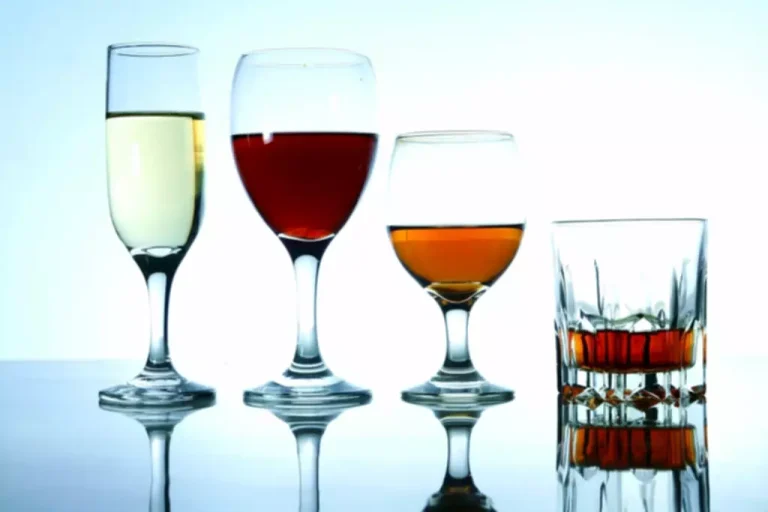Sober living
Benefits of vitamin supplements for alcohol withdrawal syndrome

Experts think it might work by protecting the gut by preventing gut permeability from deteriorating. Alcohol interferes with nutrient absorption, damages the gastrointestinal tract, and impairs the liver’s ability to metabolize nutrients. While glutamine supplements won’t cure alcohol-related liver disease, they can detoxify the liver to remove excess ammonia11. Glutamine can also modulate cognitive processes affected by alcohol use. A lack of vitamin C can deplete bone and muscle strength, leading to chronic fatigue and a lack of energy.
Addiction Info
One of the many risk factors for vitamin C (including the three forms of vitamin C) and E insufficiency is excessive alcohol intake [58,59]. When compared to those who do not consume alcohol, urine ascorbic acid excretion increased by 47% after acute https://ecosoberhouse.com/ alcohol consumption of up to 0.58 g ethanol/kg body weight [61]. Furthermore, short-term intravenous vitamin C therapy (500 mg/day for five days) significantly improved serum vitamin C levels in chronic alcoholics with hypovitaminosis C [64].
Best Supplements for Alcohol Cravings

Reduced glutathione (GSH) and vitamins are probably the most important nonenzymatic antioxidants and participate in a wide range of cellular functions. Furthermore, internal redox buffers, such as Hcy, cysteine (Cys), and cysteinyl glycine (CysGly), play an important role in the extracellular redox system [108,109]. Chronic alcohol intake produces altered Hcy metabolism, which leads to fat storage, inflammation, and hepatocyte damage [110,111]. Hyperhomocysteinemia induced by ethanol and linked to oxidative endoplasmic reticulum stress triggers apoptosis and increases lipid production [112]. Experts suggest a diet composition for those in alcohol recovery of approximately 45% carbohydrates and 30% healthy fats, with the remaining 25% from protein. This balance ensures that individuals in recovery receive the necessary nutrients to help rebuild their bodies, support brain health, and facilitate a successful recovery journey.
Best Foods to Eat in Recovery from Alcohol

Men are more likely than women to be alcoholic, as are people who start drinking before age 16. The roots of this decision can be traced back to 1935, when Prohibition was repealed, and Congress passed the Alcohol Administration Act, which would eventually become the TTB. This act was set in place to allow the government to generate tax revenue from newly legalized alcohol and regulate best vitamins for recovering alcoholics the labels on alcoholic beverages. For this reason, alcohol wasn’t affected when all packaged foods became required by the FDA to have nutrition labels in 1990. Nearly everything you can buy at a grocery store has a nutrition label, except for alcoholic beverages. Largely attributed to Prohibition, alcohol doesn’t have nutrition facts because it’s not regulated by the U.S.

Latest stories in Innovative care
At Orlando Recovery Center Drug and Alcohol Rehab, we offer many alcohol addiction treatment options led by train medical professionals. Our levels of care include medical detox, inpatient rehabilitation and intensive outpatient programs (IOPs). No matter where you are in your recovery journey, our team will be there every step of the way. Embarking on the journey of recovery from alcoholism involves not only behavioral changes but also a significant focus on nutritional rehabilitation.
- With these interventions, people can find health and happiness in sobriety.
- Heavy drinkers are prone to nutrient deficiencies that can cause fatigue and weakness, skin and hair issues, metabolism problems, bone fractures, bruising, bleeding, and depression.
- Therefore, doctors treating individuals detoxing from alcohol might prescribe additional treatments with vitamin B1.
- They can also affect your mood when they wear off, which could make you want to drink.
- People who drink alcohol are at higher risk of calcium deficiency, since alcohol interferes with your body’s ability to properly absorb this vital nutrient.
- The major pathway of ethanol metabolism is the oxidative pathway that involves alcohol dehydrogenase (ADH) present in the cytosol of hepatocytes [15].
- It can help reduce alcohol cravings by calming the nervous system and reducing stress-related triggers.
- That means that the body gets less thiamine and also has greater difficulty absorbing and utilizing what it gets of the vitamin.
- Antioxidants are necessary for avoiding free radical-induced cellular damage.
- If you’ve either recently joined the road to recovery or have been beating addiction for some time, I first want to say- I AM SO PROUD OF YOU.
- Studies show that glycine is useful in treating both alcoholic hepatitis and carcinoma caused by alcoholic cirrhosis.
Vitamin Supplements as a Nutritional Strategy against Chronic Alcohol Consumption? An Updated Review
- A lack of vitamin B9 can trigger anemia and make you weak, tired, and moody.
- Heavy meals can be difficult to keep down when you are in detox, especially if you have withdrawal symptoms like nausea or vomiting.
- Ria Health’s online recovery coaching supports you in improving self-care, and sticking with sobriety long-term.
- D-phenylalanine also slows the breakdown of endorphins, which act as the body’s natural painkiller, prolonging their release into the body.
- Plus, there is a correlation between less nutritious food intake and alcohol intake.
- In fact, it is estimated that an alcohol abuser typically gets 50 percent or more of total daily calories from alcohol.
